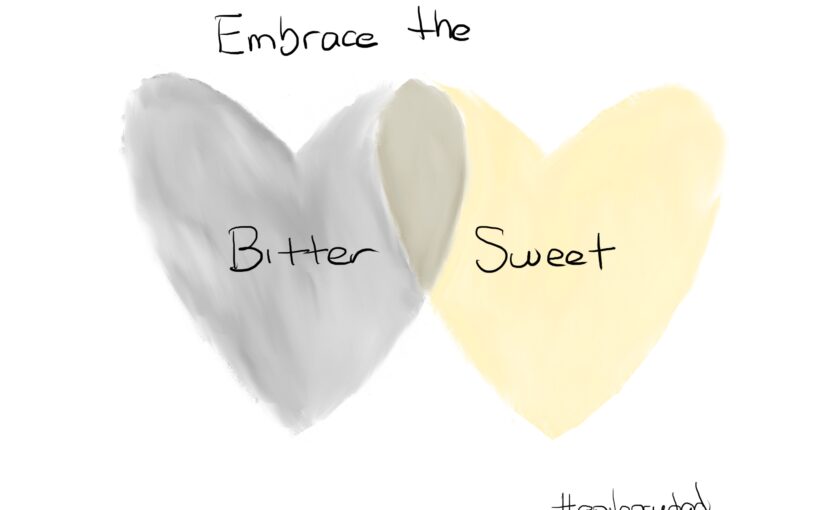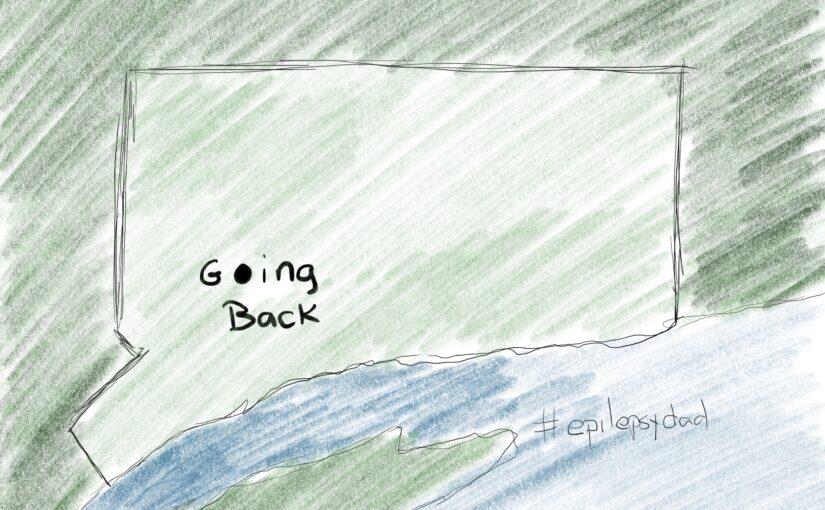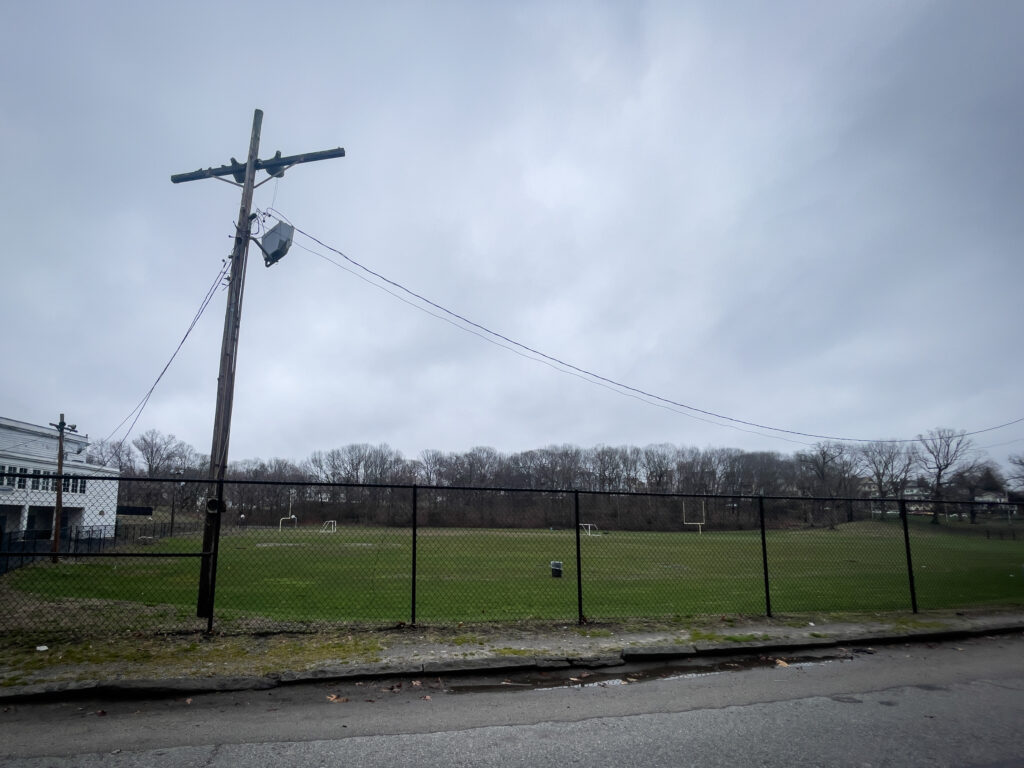Life with epilepsy, like life itself, is never just happy or sad. It’s bittersweet. Every milestone, every setback, every quiet moment holds a mixture of both. Joy is sweeter because of the battles we fought to reach it. Sorrow runs deeper because it reminds us of what we love most.
The deeper that sorrow carves into your being, the more joy you can contain.
Is not the cup that holds your wine the very cup that was burned in the potter’s oven?
And is not the lute that soothes your spirit, the very wood that was hollowed with knives?
When you are joyous, look deep into your heart and you shall find it is only that which has given you sorrow that is giving you joy.
When you are sorrowful look again in your heart, and you shall see that in truth you are weeping for that which has been your delight.Kahlil Gibran, The Prophet
Joy and sorrow are inseparable. They are two sides of the same coin. Fate flips the coin and decides which side comes out on top.
Gibran writes that when you are sorrowful, it’s because joy once filled that same part of you, and now it is carved out. The more sorrow shapes you, the more space it creates inside you for future joy. Love, loss, happiness, and grief are woven together. You can’t have deep joy without knowing deep sorrow, because they define and expand each other.
At times, their connection makes it hard to have a truly joyous moment because the sorrow it replaced lingers and is never truly gone. There is a subtle awareness that the other is still there, waiting for the next toss of Fate’s coin.
For a long time, knowledge prevented me from experiencing the joy because I was too focused on remembering the past and worrying about the future. In those moments when the coin came up sorrow, I would be too focused on the present, forgetting the joy we had experienced and that we would have again.
I’m trying hard to find the balance between the two…to embrace the bittersweet. When my son has a good moment in a baseball game or is proud of an assignment he completed at school, I want to stay in that moment with him and not compare him to his peers or pull in moments where his challenges kept him from feeling more successful. And when he struggles at a task, has a hard time staying focused, or when his body or mind betray him, I want to remember that it isn’t always that way, and it won’t always be that way, either.
Even as I wrote those words, it felt like a daunting task. It was hard to find any positivity in those times when he struggles, and I don’t feel like I’m far enough along on my journey where the positive comes naturally. But I did write them, and I will leave them, because that is who I want to be. Fake it until you make it, as they say.
That’s why I like the word bittersweet. It feels like an anchor that will keep me from drifting too far away from the duality of these experiences when I focus only on the negative. Bittersweet reminds me that no moment is ever just one thing. It acknowledges that life is not all good, and it’s not all bad. It’s both, sometimes in the same breath.
In the middle of sadness, there is love. In struggle, there is strength. In the hardest days, there is light. Maybe I won’t always find it right away. Maybe some days the sorrow will feel heavier than the joy. But if I can hold space for both, if I can remember that they live side by side, then maybe I can stay a little closer to hope.













